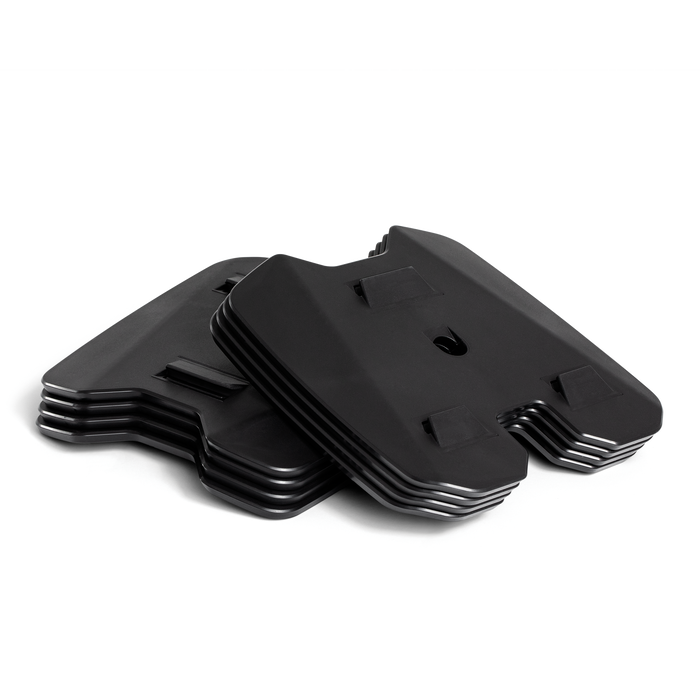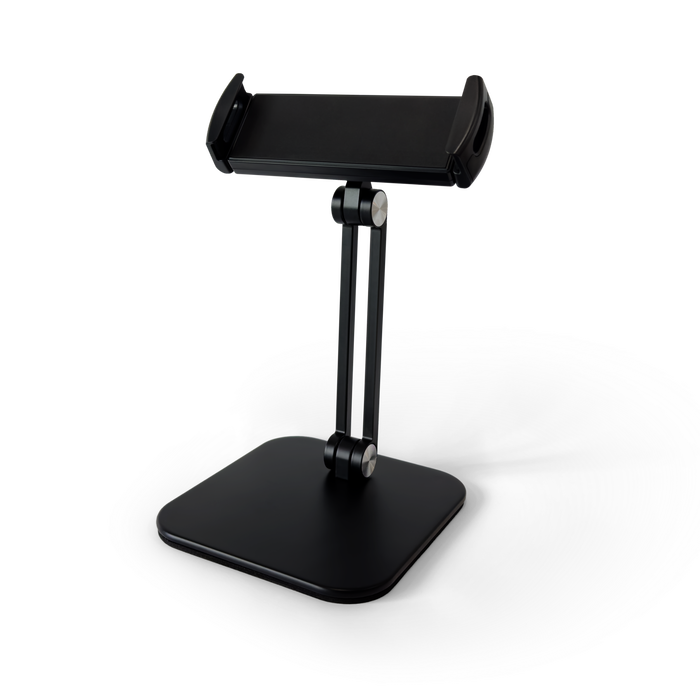The Myth of Happiness

Happiness. The elusive state of being that most of us spend our whole life trying to attain. Everyone from our founding Fathers to the Dali Lama has written about it. There's the art, the how, the project and the equation of happiness. There is a slew of self help books dedicated to seeking it, finding it, gaining it, manifesting it and holding on to it. However it seems the more we try to obtain it, the more fleeting it becomes.
Google the word "happiness" and the first thing to pop up is the Wikipedia definition:
Happiness is a mental or emotional state of well-being which can be defined by, among others, positive or pleasant emotions ranging from contentment to intense joy.
This seems to be a common understanding of happiness. However, I'm more inclined to agree with happiness as defined by Psychology Today:
More than simply positive mood, happiness is a state of well-being that encompasses living a good life—that is, with a sense of meaning and deep satisfaction. Research shows that happiness is not the result of bouncing from one joy to the next; achieving happiness typically involves times of considerable discomfort.
That last line tends to really burst people's happy bubble.
You can't truly know happiness unless you know its opposite. These days, the smallest things in life often contribute to my happiness – roses alongside a house, the giggle of a child, an awesome tune, the smile of a stranger, a hug, the sound of silence. However, I don't think that would be the case had I not experienced some of the depths of sadness, anger and hurt that I have in the past year. This is the gift of the struggle. Of depression. Of grief. Of anger. True, these feelings may suck in the moment, but on the other side is satisfaction and contentment and peace with what is. And it's worth enduring the not-so-great, icky stuff. Once you realize it's all a part of this game called life – that getting dealt a crappy hand is just as likely as scoring a winning hand – then you learn to appreciate the not so great moments as much as the fabulous ones because they usually teach you something valuable about yourself – and move you towards more freedom and yes, happiness.
Most importantly, happiness will never be found by external gains and circumstances. Trust me, there are plenty of people out there that have every resource, every capacity, every gift you can think of – money, freedom, superior genes, fame, recognition – that are miserable. The last line of the Psychology Today definition alludes to this. It is not about bouncing from one joy to the next. One big gain, one amazing date, one awesome car, one great night of sex, one delectable meal, one fabulous vacation, one beautiful sunset, to the next. Happiness allows us to be more fully present in those treasured moments and helps us cultivate another huge buzz word – gratitude – but those things can not make us happy. If we rely upon things we like to keep us happy, we will forever be chasing temporary pleasure, a slave to circumstance. And in case you haven't learned this yet, try as you may, you cannot control what happens to you.
Happiness is not a mood. You can be crying your eyes out and still be happy. You can feel disappointment and still be happy. You can be poor as dirt and still be happy. Travel to India or Africa. You'll see some serious smiles despite the most impoverished conditions you'll ever observe.
Research has shown that happiness has more to do with purpose and values than it does with income or circumstances. Living a life of purpose and value will always come with sacrifice and struggle. Just like a good martini and an olive. You can't have one without the other. As bestselling author Mark Manson asks – What pain do you want in your life? What are you willing to struggle for? Because that seems to be a greater determinant of how our lives turn out. When we overcome the greatest obstacles and the biggest hurdles to live in accordance with what matters most to us – that's where we'll uncover happiness.
Happiness comes from experiencing the depth of human existence and all the emotions that come along with it – from love to heartache, joy to disappointment, peace to rage.
It's about embracing life in all of its manifestations and fully experiencing everything that makes it heart-wrenchingly ugly as well as breathtakingly beautiful.
In my experience, true happiness has come from a deep understanding, respect and love for myself. Not the self that relies upon my list of accomplishments or how many people view my latest photo on Instagram, but the Self that is constant, unwavering and luminous. The Self that resides in every one of us, whether we are aware of its presence or not. And that Self is very hard to realize unless you've been through some hardships in your life.
So learn to love the struggle. Be grateful for the process. It's a long road to hoe, this happiness thing, with no final destination. So you might as well buckle up and enjoy the ride.
































